Thursday, 16 May 2024
Menu

The year 2010 is the time when I finish high school. It’s time to grow up and face the adult life. I have to decide what to do next. College? Which one? Archaeology? But where? – Well, I decided on Toruń. Why? Firstly, as a small child I had aspirations in this direction, and secondly, while browsing through the guidebooks of Polish universities I came across something that interested me very much. In the city of Copernicus, the Institute of Archaeology was the only one (now also in Warsaw) offering studies in underwater archaeology. That’s how it all started.
During my first year of studies I did a basic course, which allowed me, along with the knowledge I gained, to begin underwater excavations. I took my first steps in the Mecca of Polish underwater archaeology in Ostrów Lednicki, under the watchful eye of the diving staff and instructors.
Every archaeologist should know this place at least by name. It was probably on this island that King Mieszko I was baptised, thus incorporating the Piast state into the modern, for those times, model of a Christian country, thus equalling our western neighbours.
All right – but what does this have to do with underwater archaeology? Well, in 1038 a huge battle took place in and around the island which brought an end to the place. The bridges and the wooden castle were burnt. Many brave warriors during the battle fell into the water in all their equipment. Also, the troops fighting each other on both bridges did not fail to bathe in water. Thanks to that, Ostrów Lednicki is now the place where the largest collection of medieval militaria found in water comes from. Moreover, the remains of two huge bridges are still objects of research today. Fascinated by the adventure and the new experiences I had, I decided that this must be it.
More years passed. I actively took part in all archaeological projects concerning the flooded history both in Poland and abroad. At the same time I was all the time raising my qualifications in scuba diving.
My life revolved mainly around two fields – archaeology (supposedly intended to give me money for bread), focusing mainly on medieval underwater remains of human activity, and purely scuba diving, focusing mainly on self-development in this field, increasing my ability to explore the underwater world. In short, the more experienced I was in the diving field, the more I could participate in more advanced scientific expeditions and more.
The year 2014 was a crucial time for me. During this period, I immersed myself in a cave for the first time under the guidance of Dominik “Honzo” Graczyk. Fortunately for me, it was the famous Viroit cave in Albania. There I completed my first cave diving workshop and got “public” permission to continue my development in this particular direction.
What did it give me? Self-discipline, organisation of time underwater and abstract thinking, or the ability to “manage stress”. More years passed, more archaeological excavations, cave dives and caving expeditions with the SPELEOndiving group. In that short period of time I travelled (in comparison to other divers with 100 years of experience, I am a shit) with my friends all over the Balkans – mainly Kosovo, Bosnia and Herzegovina and Albania, Polish and Slovak Tatra Mountains (including Kasprova Nizhna and some other holes), wandering here and there and looking for new and interesting places for overhead diving. In my spare time (and it was getting scarce) I was finishing my studies and struggling with my master thesis, while wandering around flooded drifts and mines of our beloved Poland.
In 2015, it was time to somehow theoretically structure my life. After receiving my master’s degree in archaeology, I set myself one more, goal. For a long time I wanted to work in the water. To work and have satisfaction from it. A year ago, I completed a professional diving course and received my diploma. This is now my main occupation, which is more or less still intertwined with my work as an underwater archaeologist.
Is this the same as normal diving? Absolutely not! Nor is it another stage or level of initiation. Professional diving is hard work in often poor conditions, often in the dark and for several hours a day in icy water. It’s the hard work that counts, not the whole pile of certificates.
And what about archaeology? I am still involved in many projects, but this time mainly related to the sea and wrecks, both Roman 2nd century BC from the Mediterranean and 15th – 18th century wrecks from the Baltic Sea, and I hope to continue for a long time.
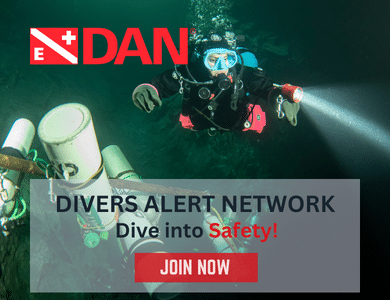
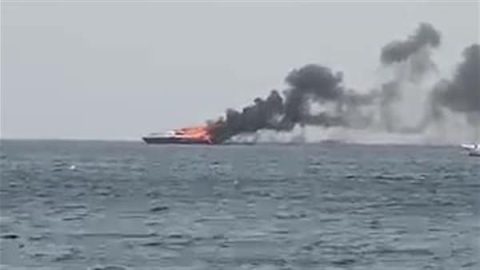


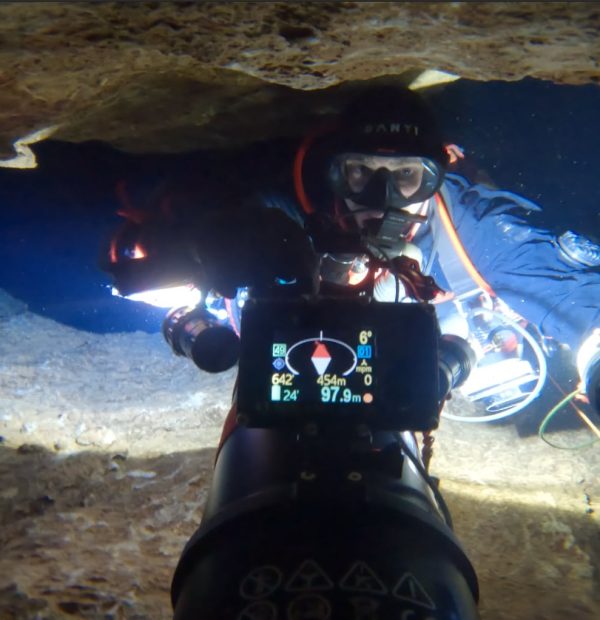
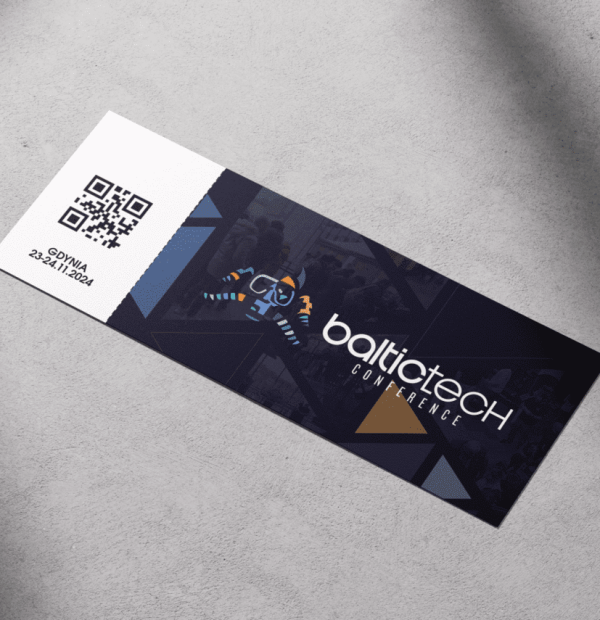
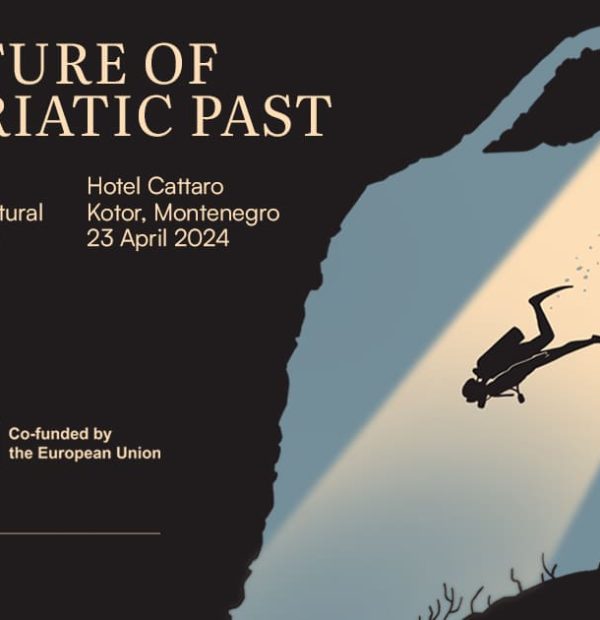
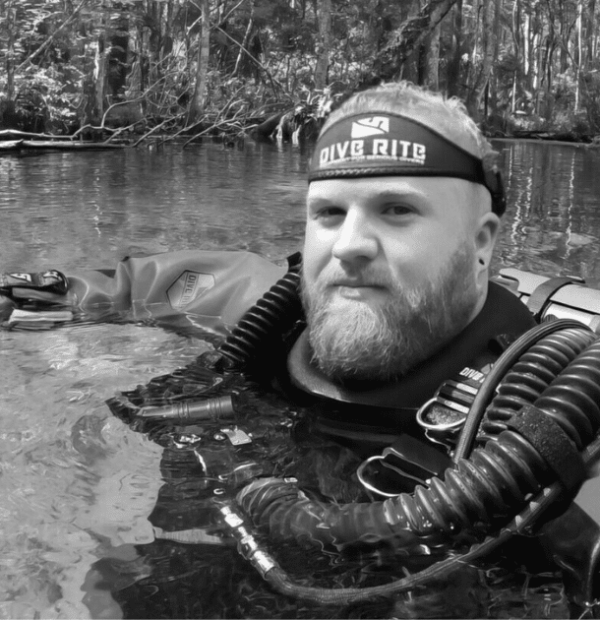
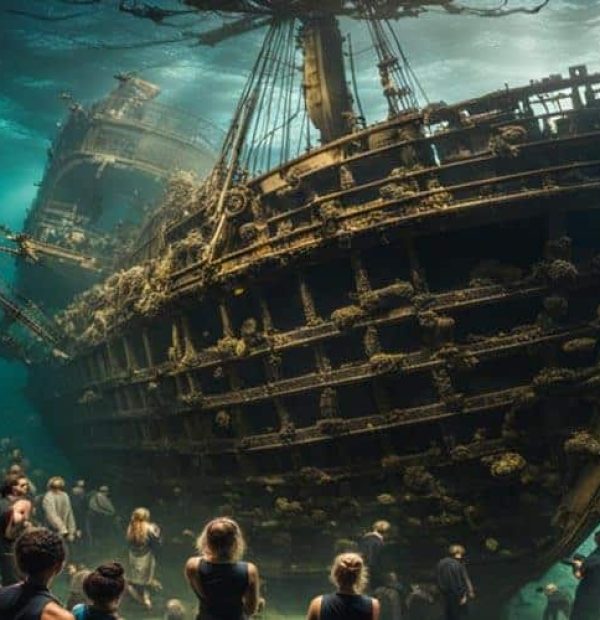

Welcome to DIVERS24.COM, your daily source of scuba news, freediving, scuba diving information, and equipment reviews. Our comprehensive coverage of the dive industry from A to Z provides you with all the latest scuba news, training updates, underwater photography tips, and everything else related to scuba diving. Whether you’re a beginner or an experienced diver looking for more knowledge about scuba gear or techniques – we’ve got it covered! With our in-depth articles written by experienced divers who have been there and done that, you are sure to find exactly what you need here at Divers24.com. Dive into scuba news today!
Underwater Media Sp. z o.o.
Szafarnia 11/F8,
80-755 Gdansk, Poland
Welcome to DIVERS24.COM, your daily source of scuba news, freediving, and scuba diving information. Sign in for a weekly news update and discount coupons for dive gear and apparel.
@2023 - underwatermedia.pl. All Right Reserved. Designed and Developed by Tworzenie stron internetowych Gdansk

The Divers24 portal is currently the largest online medium treating diving in Poland. Since 2010 we have been providing interesting and important information from Poland and around the world on all forms of diving and related activities.
Contact us: info@divers24.com